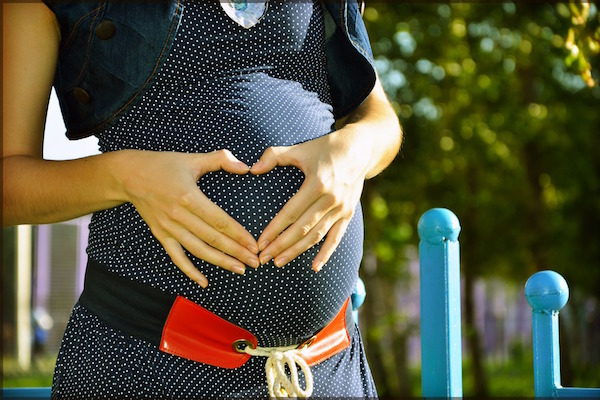Preeclampsia Awareness Month | Tennessee Valley Urology Center

Here at Tennessee Valley Urology Center, we talk a lot about kidney function, urine output, high blood pressure and protein in the urine. In May, we’d also like to talk about a medical condition which impacts some pregnant women–this condition is called preeclampsia.
May is Preeclampsia Awareness Month, and it’s important for pregnant women to be aware of the symptoms and complications. The Mayo Clinic calls Preeclampsia ”a pregnancy complication characterized by high blood pressure and signs of damage to another organ system, most often the liver and kidneys.” Typically, preeclampsia becomes evident after 20 weeks of pregnancy. A woman’s blood pressure that had otherwise been normal will begin to rise.
In addition to elevated blood pressure, a woman with preeclampsia will also have protein in their urine. You might recall that protein in the urine is a symptom of kidney damage. With preeclampsia, one of the risks to the mother’s health is impaired kidney function.
It’s important for a pregnant woman to keep all of her prenatal appointments since the early symptoms of preeclampsia can often go unnoticed or overlooked. Mild preeclampsia doesn’t display symptoms which a mother-to-be would recognize on her own without attending her prenatal exams. Severe preeclampsia requires medical treatment, and those symptoms may include headache, impaired vision, decreased urination, and stomach aches.
Severe preeclampsia may require hospitalization, bed rest, and/or early delivery. A woman may be prescribed certain medications to lower her blood pressure and prevent seizures. Steroid shots may be administered to help the baby’s lungs develope more quickly in case of an early delivery.
Because the only cure for preeclampsia is delivery, and since it can endanger the life of both mother and child, doctors must weigh the risks of a premature delivery versus the severity of the preeclampsia. During delivery a mother with preeclampsia will be on a magnesium IV and remain on it for 24 hours after delivery to help prevent seizures.
Recent research suggests that women who have had preeclampsia during pregnancy are at an increased risk for other health conditions later on in life, such as high blood pressure, stroke, or heart disease. Therefore, such women are advised to adopt a healthy lifestyle after delivering their baby. Most recommendations are the same as those we make right here in the urology center.
Now that you know a bit more about preeclampsia, we hope you won’t hesitate to ask any other health questions. Our urology center frequently treats diabetics and those with impaired kidney function, and we are passionate about education to reduce high blood pressure and stroke. Please visit our website today to learn more about our center and services.
